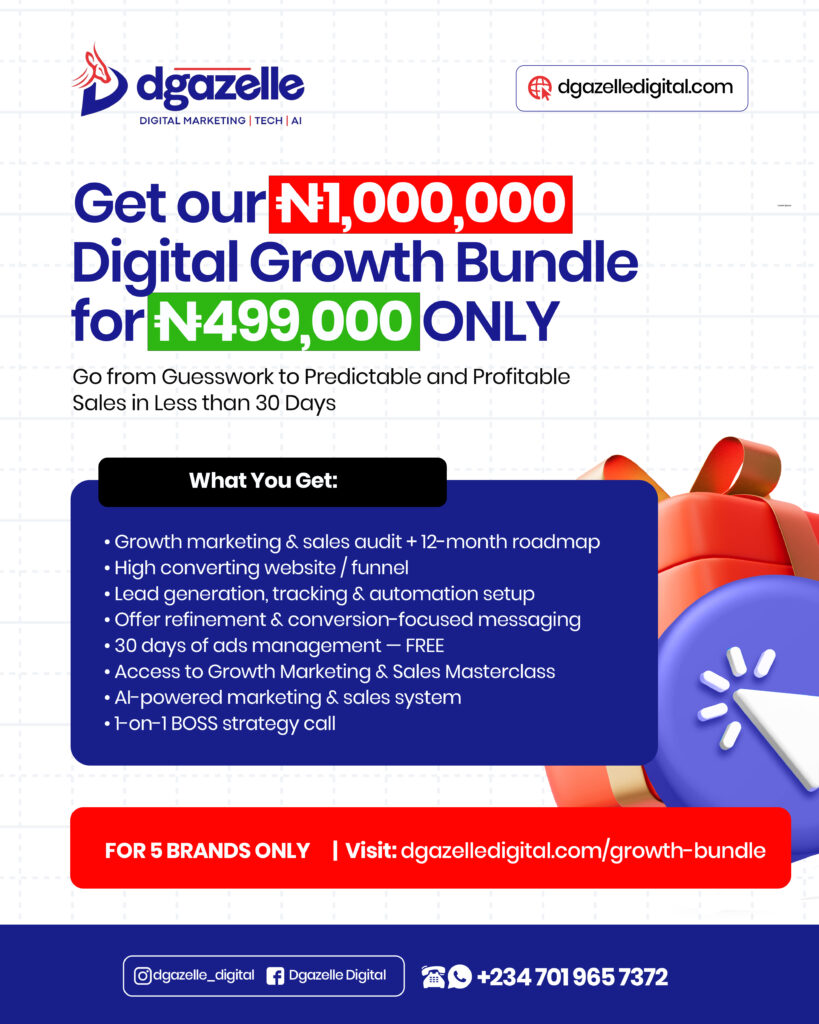Data analytics has revolutionized digital marketing, turning traditional guesswork into science-backed precision. Unlike the rudimentary techniques of the 19th century, today’s analytics, powered by digital tools, measure customer actions and touchpoints across multiple channels. Over 80% of marketers now base decisions on data, leveraging advanced models to improve every step of the customer experience.
With the rise of predictive analytics and increasing focus on quality data, businesses are uncovering insights to enhance strategies, optimize campaigns, and deliver exceptional ROI. Companies that embrace analytics gain a competitive edge, ensuring their marketing remains effective in a dynamic landscape.
What is Data Analytics in Digital Marketing?
Data analytics in digital marketing involves gathering, analyzing, and interpreting data from various digital sources to optimize strategies, improve performance, and drive ROI. This includes insights from social media platforms, email campaigns, search ads, affiliate sites, and more.
Digital analytics provides a comprehensive view of your marketing efforts, tracking performance across all channels and identifying how they contribute to conversions. This data-driven approach helps businesses remove guesswork, maximize marketing budgets, and uncover new revenue opportunities.
For instance, analytics can reveal which campaigns yield high returns and which underperform, enabling informed adjustments. Businesses can also personalize customer experiences, reduce churn rates, and increase customer value.
Despite its importance, a 2020 study found that while 94% of businesses recognize data analytics as essential for growth, only 30% have a clear strategy. Harnessing digital analytics is no longer optional—it’s the backbone of an effective marketing strategy.
Why Do You Need Marketing Analytics to Market Your Brand?
Marketing analytics provides essential insights into your brand’s performance, helping you make data-driven decisions. By analyzing customer data, marketers can craft strategies that resonate with their audience. Whether it’s refining product strategies, optimizing campaigns, or enhancing brand messaging, analytics empowers you to target effectively, minimize waste, and maximize ROI. Here are some reason why you need data analytics
1. Understanding User Behavior
Data analytics provides real-time insights into consumer behavior by analyzing interactions across websites, social media, and email campaigns.
These insights help marketers create customer personas, tailor messaging, and optimize strategies. For instance, tracking website activity identifies popular products, time spent on pages, and conversion funnel drop-offs.
With this data, businesses can refine designs, improve user experience, and boost conversion rates. Email platforms also track subscriber responses, enabling more targeted campaigns for increased engagement and sales. Understanding user behavior ensures marketing strategies align with audience needs, driving better results.
2. Optimizing Campaigns
Data analytics empowers marketers to evaluate campaign performance with precision. Metrics like click-through rates (CTR), conversion rates, and ROI reveal the effectiveness of each channel, enabling resource allocation to maximize returns.
Real-time tracking refines strategies, particularly for paid campaigns, ensuring every ad dollar delivers value. A/B testing further optimizes efforts by comparing variations of ads, emails, or landing pages to identify the most effective options.
This data-driven refinement process enhances efficiency, ties marketing efforts directly to ROI, and informs future strategies for sustainable success.
3. Customer Segmentation
Customer segmentation, powered by data analytics, enables businesses to create personalized marketing strategies. By analyzing demographics, buying behavior, and engagement levels, businesses can segment their audience into targeted groups for tailored messaging.
For example, high-value customers making frequent large purchases can be rewarded with exclusive offers or loyalty programs. Likewise, abandoned cart data can prompt personalized reminders or incentives, encouraging customers to complete their purchases.
A Google survey revealed that 90% of marketers attribute personalized strategies to increased profits. With analytics tools predicting customer preferences, businesses can enhance customer experiences and drive loyalty.
4. Future Trends
Predictive analytics is revolutionizing digital marketing by enabling businesses to anticipate trends and make proactive decisions. By analyzing historical data, marketers can predict outcomes like seasonal demand fluctuations and emerging consumer preferences, staying ahead of competitors.
This foresight helps businesses design targeted strategies, identify new product opportunities, and optimize campaigns, all while making the most of tight budgets. Additionally, web analytics tools provide insights into competitor activity, empowering companies to adapt to market sentiment and future challenges effectively.
In a fast-changing landscape, predictive analytics gives organizations the strategic edge needed for long-term growth.
5. Content Strategy
Content is central to digital marketing, and data analytics enhances it by revealing audience preferences. Metrics like page views, time on site, and social shares highlight what content resonates, enabling marketers to craft engaging, relevant material.
Keyword analysis further refines content by aligning it with search terms, boosting visibility and ensuring it meets user needs. Data-driven insights also allow businesses to test new strategies, improve products, or develop new ones, creating opportunities for customer acquisition and revenue growth.
Analytics ensures content aligns with both audience interests and business goals.
6. Compile Comprehensive Customer Profiles
By integrating data from multiple sources, you can create detailed customer profiles that provide a complete view of their journey. This includes tracking how they arrived at your website—whether via ads, social media, or other channels—and documenting their interactions, from inquiries to purchases.
Data analytics helps visualize the entire customer lifecycle, from initial awareness and engagement to purchase and advocacy. This allows businesses to understand customer behavior more deeply, identify key touchpoints, and create strategies to foster long-term relationships, turning satisfied customers into brand advocates.
Digital Marketing Metrics That Actually Matter
Entering the realm of digital marketing data can feel overwhelming, especially for beginners. However, keeping your focus on goals and the buyer’s journey will help boost revenue linked to ROI. Here are five key metrics to focus on for actionable business insights:
- Traffic Quality: While traffic volume can be misleading, focusing on traffic quality can elevate your strategy. Analyze traffic sources, demographics, bounce rates, time spent on pages, and the ratio of new versus returning visitors.
- Engagement: Engagement includes social media interactions like likes, shares, and comments. High engagement shows users are connecting with your content, often leading to more qualified leads. Tracking engagement helps fine-tune your content strategy to better resonate with potential customers.
- Conversions: Conversions represent actions users take that benefit your business, such as subscribing, making calls, or completing a purchase. By tracking conversions, you can optimize the user journey to improve your overall conversion rate.
- Click-Through Rate (CTR): CTR measures how relevant your audience finds your paid ads. A low CTR may signal a need to adjust your offer, improve landing pages, or better target your audience, showing how well your ad draws the right users.
- Site Load Speed: With 40% of users abandoning a site that takes over three seconds to load, site speed is crucial. Use tools like Google PageSpeed Insights to identify areas for improvement and ensure optimal loading times and user experience.
By focusing on these key areas of digital marketing data, you can develop an analytics-driven marketing strategy that leverages precise data insights to enhance your marketing efforts. Integrating these strategies will help you to better understand your audience, improve engagement, and ultimately drive higher conversion rates.
How to Use Data Analytics to Improve Marketing Strategy
To effectively improve your marketing strategy using data analytics, follow these key steps:
- Select Key Metrics: Identify KPIs aligned with your campaign goals, like click-through rates, conversion rates, and return on ad spend. These metrics offer actionable insights to refine your strategy.
- Understand Your Customers: Analytics help you understand customer preferences, behaviors, and needs. This allows you to create targeted campaigns that resonate with your audience and drive success.
- Segment Your Audience: Divide your audience into segments based on demographics, interests, and behaviors. This helps you tailor marketing strategies for each group, improving engagement.
- Monitor Performance: Track KPIs like website traffic and social media engagement regularly to measure progress and adjust strategies accordingly.
- Optimize Strategies: Refine your marketing by focusing resources on high-performing channels, adjusting messaging, and evaluating ad performance. Use tools like AWeber or Buffer for detailed analytics.
- Leverage A/B Testing: Test different campaign variations to identify what works best. Regular testing and analysis lead to data-driven decisions that improve results.
- Personalize Experiences: Use data insights to tailor your marketing messages, creating personalized experiences. Personalization boosts engagement and satisfaction, as 71% of consumers expect it.
Conclusion
Marketing analytics is essential for business success, offering valuable insights to improve campaign effectiveness. By leveraging analytics, marketers can better understand customer behavior, refine strategies, and increase revenue.
From audience segmentation to performance monitoring and personalized strategies, data analytics empowers businesses to optimize every aspect of their marketing efforts.
By learning from the strategies of leading global companies, you can enhance your own marketing approach using data analytics.
Ready to take your marketing to the next level? At Dgazelle, we specialize in data-driven digital marketing strategies that help businesses optimize their campaigns and maximize ROI. Let our team help you leverage the power of marketing analytics to achieve your goals.







